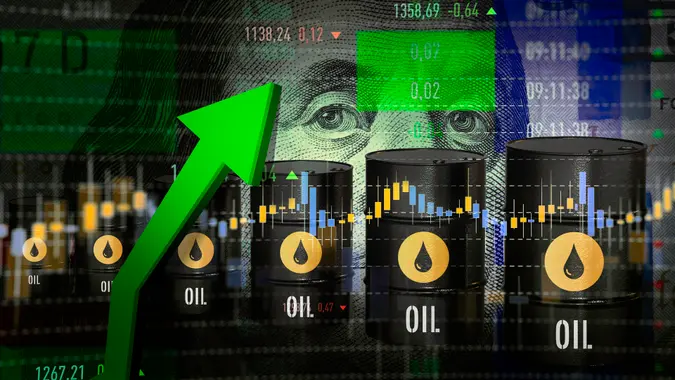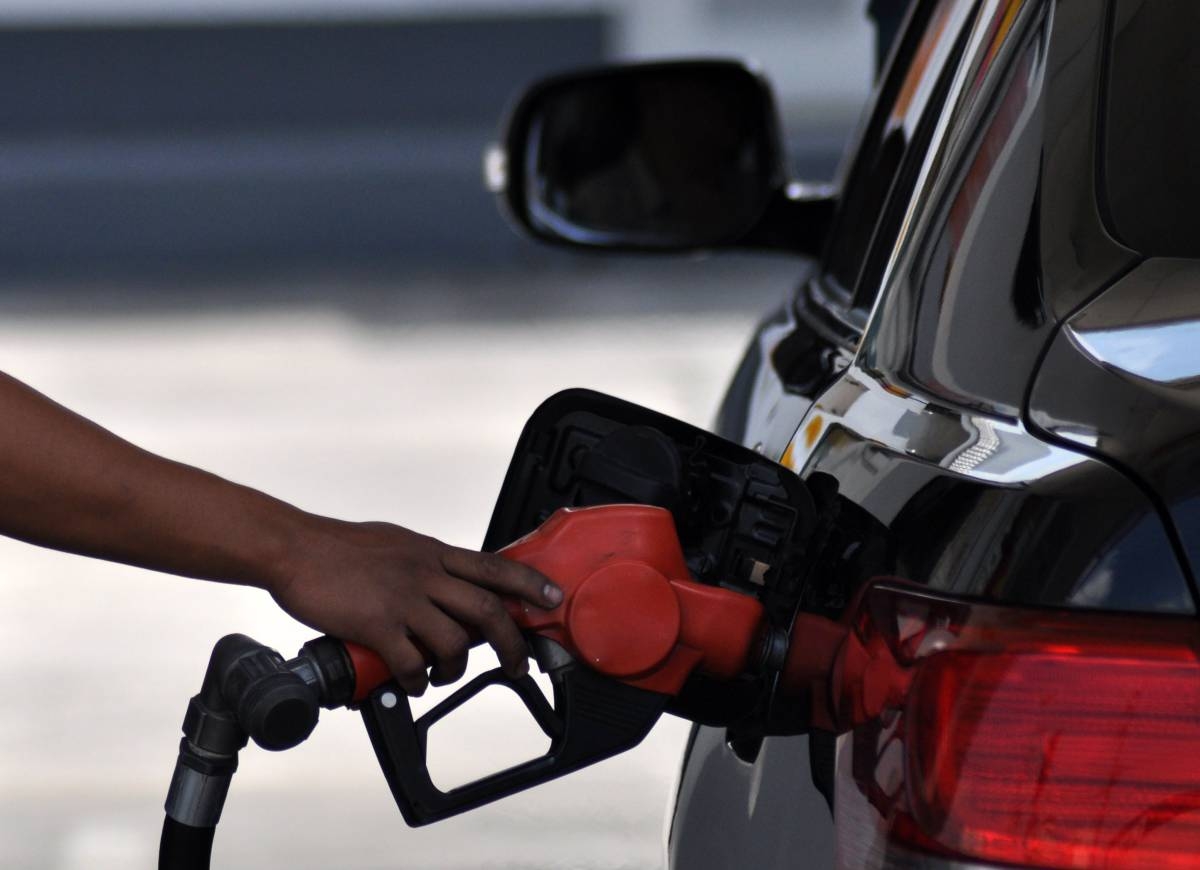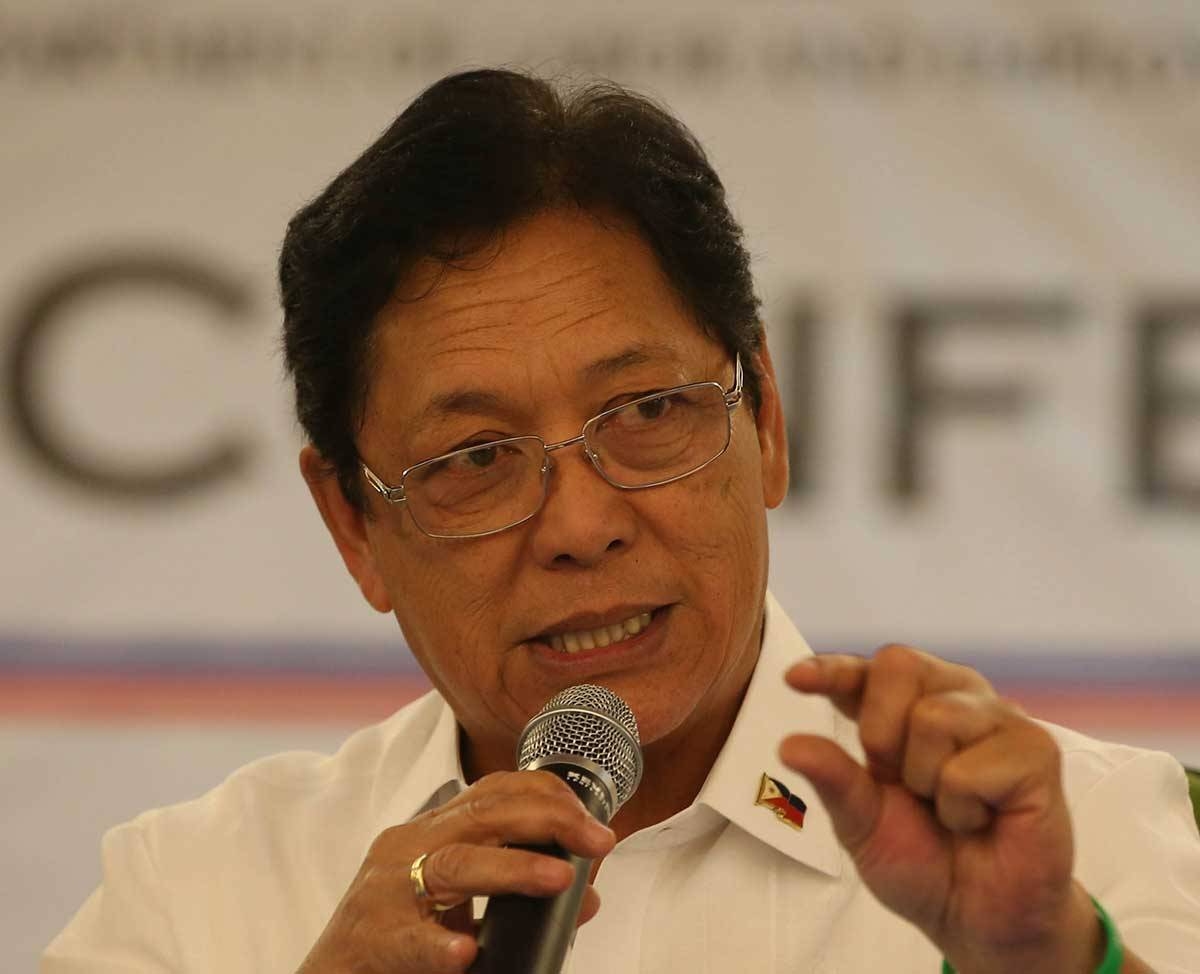By Gordon Brown
Special to The Times Kuwait
The upcoming United Nations Climate Change Conference (COP28) in Dubai is just days away. However, it is becoming increasingly evident that a bold financing initiative led by the United Arab Emirates (UAE) is crucial to provide essential funding and support to the Global South.
Despite the summer’s devastating droughts, floods, and wildfires that served as a stark reminder of the urgent need for action, the pre-summit discussions on a Loss and Damage Fund to assist the world’s most impoverished nations in mitigating the effects of climate change have made little progress. While it was agreed that the fund will be housed at the World Bank for four years, there has been no consensus on the responsibilities of the historical emitters, nor any significant financial contributions.
As the president of COP28, Sultan Al Jaber of the UAE faces the critical task of breaking the current impasse and delivering on his promise to develop a funding plan that addresses the Global South’s annual $1 trillion financing shortfall for mitigation and adaptation initiatives.
The UAE holds the key to bridging the climate financing gap. By persuading the world’s wealthiest petrostates to voluntarily contribute a 3 percent tax on their windfall revenues from oil and gas exports in 2022, approximately $25 billion could be raised. This levy could serve as the initial capital needed to incentivize developed economies, responsible for the majority of global greenhouse gas emissions, to issue guarantees that would enable multilateral development banks to increase investments.
Sultan Al Jaber is well aware of the urgent need for decisive action. In June, he emphasized the importance of adopting a coordinated strategy that utilizes state guarantees to leverage private capital, aligning with the UAE’s vision of innovative financial mechanisms. He also aims to mobilize significant private investments through large-scale state-guarantee mechanisms, fostering unity among all parties and stakeholders in promoting climate action.
However, Al Jaber is not only the president of COP28 but also the CEO of the Abu Dhabi National Oil Company. This unique position places him in a position to lead by example and guide his own country towards making a fair contribution. A $25 billion levy, which represents less than 10 percent of the oil and gas industry’s annual revenues in 2022, should be considered the minimum expected contribution from major oil-exporting nations.
The stark contrast between the record-breaking export earnings of oil-producing countries and the millions of people across the Global South being pushed into poverty due to soaring electricity costs underscores the urgency of this imperative. In 2022, OPEC countries alone earned $888 billion in export earnings, a $266 billion increase from the previous year. The six wealthiest oil exporters collectively earned approximately $800 billion. The UAE’s own oil export earnings soared from $76 billion in 2021 to $119 billion.
The surge in energy prices has particularly benefited the petrostates of the Middle East. Qatar’s energy export earnings increased from $87 billion to $132 billion in 2022, while Kuwait’s rose from $63 billion to $98 billion, enabling both countries to contribute a $2 billion levy. Norway, with its export earnings nearly tripling from $48 billion to $140 billion, could easily afford a $5 billion levy.
It is clear that bold financing initiatives are necessary to salvage COP28 and address the urgent climate crisis. By mobilizing resources from oil-exporting countries and leveraging private capital, the UAE has the opportunity to bridge the financing gap and inspire other nations to take decisive action. The time for meaningful change is now, and COP28 presents a crucial opportunity to make a lasting impact on our planet’s future.
Source: Salvaging COP28







